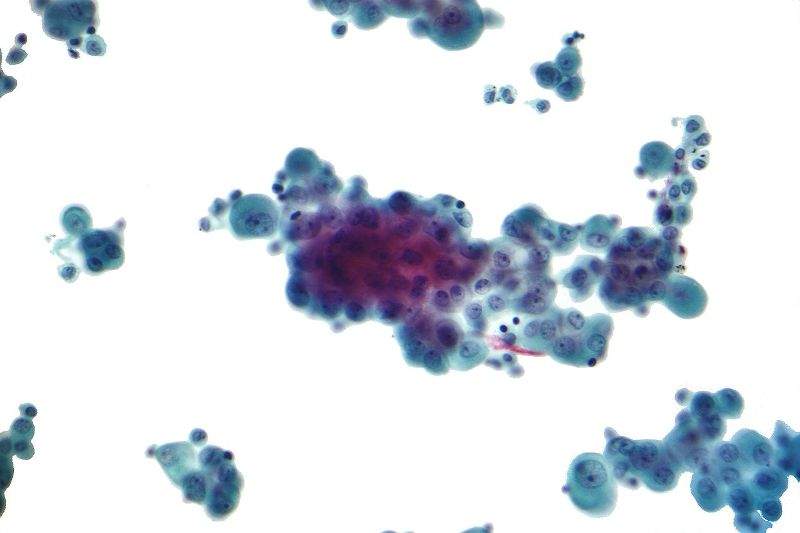
MaxCyte has received investigational new drug (IND) approval from the US Food and Drug Administration (FDA) to initiate a Phase l clinical study of MCY-M11 to treat patients with relapsed/refractory ovarian cancer and peritoneal mesothelioma.
The company expects to start dosing patients in the trial this year.

Discover B2B Marketing That Performs
Combine business intelligence and editorial excellence to reach engaged professionals across 36 leading media platforms.
Peritoneal mesothelioma is a type of cancer that attacks the lining that protects the contents of the abdomen, which also provides a lubricating fluid to enable the organs to move and work properly.
Symptoms of peritoneal mesothelioma are weight loss and abdominal pain and swelling, as well as pain, trouble swallowing, or swelling of the neck or face.
MaxCyte CEO Doug Doerfler said: “We are excited to advance MCY-M11, our first therapeutic candidate in solid tumours into the clinic and we hope that the upcoming study will serve as validation of our proprietary CARMA (CAR therapeutic) drug platform as a whole.
“This initial study will help determine the safety and potential effectiveness of the CARMA platform, and if successful, will mark its place as a new autologous cell-therapy platform for developing improved targeted cell-based immune therapies.”

US Tariffs are shifting - will you react or anticipate?
Don’t let policy changes catch you off guard. Stay proactive with real-time data and expert analysis.
By GlobalDataMCY-M11 is a drug candidate developed by MaxCyte for next-generation chimeric antigen receptor (CAR) engineered cell therapy.
It is designed to use messenger RNA (mRNA) to develop new peripheral blood mononuclear cells, thereby allowing rapid manufacture and delivery back to the patient, eliminating the need for a viral component or cell expansion.
MCY-M11 is also developed to offer transient expression, created with the potential to reduce the adverse side-effects seen in viral-based CAR therapies.





